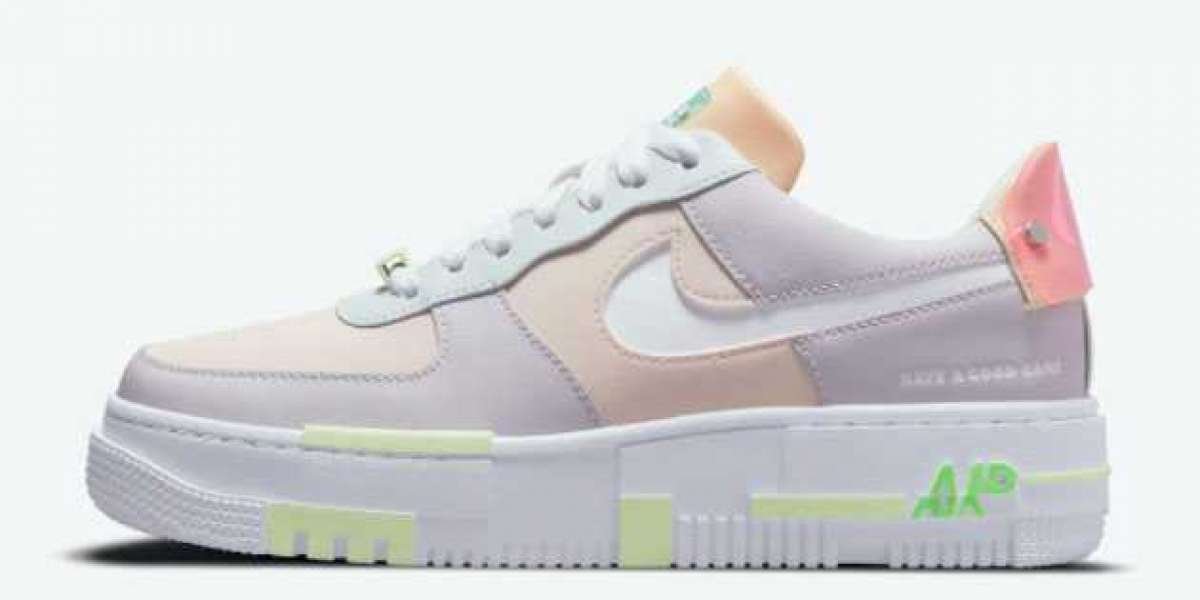Automotive Lightweight Material Market Scope
Automotive Lightweight Material Market is projected to be worth USD 117.1 Billion by 2027, registering a CAGR of 7.56% during the forecast period (2021-2027), The market was valued at USD 71.41 billion in 2020.
Market Research Future (MRFR) expects that the emergence of stringent government regulations pertaining to CO2 emissions can assist the Automotive Lightweight Material Market 2020 in gaining significant grounds between 2018 and 2022 (evaluation period). We will provide COVID-19 impact analysis with the report, offering an in-depth review of the market following the coronavirus disease outbreak.
Key Players
Some of the notable contenders in the Automotive Lightweight Material Market include Novelis Inc.,(U.S.), Owens Corning (U.S.), BASF SE (Germany), Alcoa Inc., (U.S.), PPG Industries, Inc (U.S.), Lyondellbasell N.V. (U.S.), ArcelorMittal S.A. (Luxembourg), Covestro AG (Germany), Toray Industries Inc.(Japan), ThyssenKrupp AG (Germany), to name a few.
Automotive Lightweight Material Market – Segmentation
The Automotive Lightweight Material Industry has been considered for material, vehicle type and application.
The different types of automotive lightweight materials include plastic, rubber, metal, and others.
The vehicle types reviewed in the market study are commercial vehicle as well as passenger vehicle.
Application-based categories are structural, exterior, interior, and more.
Get free sample pdf @ https://www.marketresearchfuture.com/sample_request/2645
COVID-19 Analysis
The novel coronavirus has disrupted almost every industry across the globe, including the automotive sector. The short term impact has led to shutting down of various manufacturing units due to the lockdown imposed by governments across countries. Production units are observing lack of labor owing to social distancing practice induced by the pandemic. SARS-CoV-2 has also resulted in showrooms being shut down, besides a drop in vehicle sales. The automotive industry is grappling with the aftereffects of the COVID-19 outbreak, issues such financial crisis combined with the weakening of the supply chain networks around the world.
With that said, the Automotive Lightweight Material Market Size can expect some relief on account of the mitigation measures that are being taken by various government bodies across regions. For instance, the European Union is lending support to the automotive sector with the Pandemic Emergency Purchase Program, which helps companies buy commercial papers as well as sovereign bonds from commercial vendors along with member states while keeping their liquidity intact within the financial system. Moving ahead, EU has also relaxed its stringent regulations pertaining to the automotive sector and is willing to expand the size of any asset purchase for extended period. With the introduction of contingency schemes and financial institutions increasingly coming up with relief plans, the automotive lightweight material market is anticipated to make a solid comeback despite the COVID-19 impact.
Growth Boosters and Main Barriers
The Automotive Lightweight Material Market Share can find lucrative opportunities in developing economies, given the surging awareness about the benefits of these materials in terms of fuel efficiency. Besides, the strict government standards combined with the increasing replacement of traditional steel and cast iron with lightweight materials like aluminum and magnesium alloys, high-strength steel (HSS), as well as carbon fiber and polymer composites have also sped up the market momentum.
The soaring demand for automotive lightweight materials in the automotive industry has been due to the rising need for better fuel economy. The weight reduction aspect of using these materials is quite appealing to the automakers, as it helps boost various other performance aspects important to the consumers. The overall surge in the sale of vehicles in developing nations also works in favor of the market.
The pricing factor is a significant point of discussion in the automotive sector. The discussion generally pertains to Automotive Lightweight Material Market Trends in electric cars, trucks, pickups, and more. Sales of these materials have risen at a fast rate in developed nations like the US, Norway, Germany, UK, China, and others. Strong financial conditions with sound disposable income have resulted in the high sales of automotive lightweight materials in these countries. But the sales in developing as well as undeveloped countries have been underwhelming, owing to the high cost of automotive lightweight materials, leading to abysmal market growth in these regions. Although countries like India, Brazil and Indonesia have massive population, automotive lightweight materials have still not been able to gain much traction in these countries.
Browse complete report @ https://www.marketresearchfuture.com/reports/automotive-lightweight-material-market-2645
Regional Insight
The primary Automotive Lightweight Material Market Growth identified in the report are Europe, North America, Asia Pacific/APAC and Rest of the World/RoW.
Over the coming years, it is expected that the APAC market can gain at the fastest pace, with large contribution from emerging countries like India, South Korea, Japan and China. A number of automotive leaders are trying to tap into this region, given the soaring demand for commercial and passenger vehicles. These automotive giants are striving to expand their business in the region, which could result in cut throat rivalry between the vendors in the years to come.
In North America, especially in the United States (U.S), automakers are recalibrating their facilities to handle advanced materials. Meanwhile, in the wake of rising demand from automakers, various automotive suppliers are working on expanding their plants or are building new facilities. At present, BMW is making high demand for carbon fiber while Ford is demanding more and more aluminum, leading to higher investments in facilities that supply these materials.
Table Of Content
1 Executive Summary
2 Research Methodology
2.1 Scope Of The Study
2.1.1 Definition
2.1.2 Research Objective
2.1.3 Assumptions
2.1.4 Limitations
2.2 Research Process
2.2.1 Primary Research
2.2.2 Secondary Research
2.3 Market Size Estimation
2.4 Forecast Model
3 Market Dynamics
3.1 Market Drivers
3.2 Market Inhibitors
3.3 Supply/Value Chain Analysis
3.4 Porter’s Five Forces Analysis
4 Global Automotive Lightweight Materials Market, By Material
4.1 Introduction
4.2 Metal
4.3 Rubber
4.4 Plastic
4.5 Others
5 Global Automotive Lightweight Materials Market, By Applications
5.1 Introduction
5.2 Interior
5.3 Exterior
Continued……..
Ask for your specific company profile and country level customization on reports.
About Us:
At Market Research Future (MRFR), we enable our customers to unravel the complexity of various industries through our Cooked Research Report (CRR), Half-Cooked Research Reports (HCRR), Raw Research Reports (3R), Continuous-Feed Research (CFR), and Market Research Consulting Services.
Media Contact
Company Name: Market Research Future
Email: sales@marketresearchfuture.com
Phone: +1 646 845 9312
Address: Market Research Future Office No. 528, Amanora Chambers Magarpatta Road, Hadapsar
City: Pune
State: Maharashtra
Country: India
Website: https://www.marketresearchfuture.com



